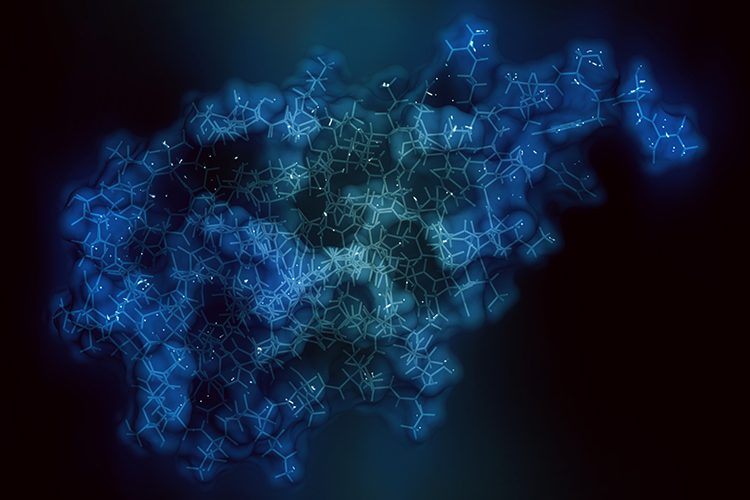Measuring the affinity of challenging protein targets


- Understand how diffusional sizing (MDS) can assess protein binding in pure and complex backgrounds – including drug target binding.
- Learn from case studies how this approach provides binding affinity and stoichiometry data.
- See examples of this approach being used to assess on-target binding of intrinsically disordered proteins, fibrillar aggregates and other challenging proteins.
- Review literature examples where this technique is used to assess protein binding to proteins, antibodies, lipids, aptamers and other species.
In this webinar, we discuss the latest data from the literature and application studies where MDS is used to assess a variety of protein interactions – even of difficult targets.
To date, protein interactions with antibodies, lipids, proteins and more have been assessed by this method, with studies in both pure and complex backgrounds.
The high sensitivity and solution-based nature of the technique make it well-suited to challenging targets. Studies on intrinsically disordered proteins and fibrillar aggregates are shown and discussed.
Biomarkers aren’t just supporting drug discovery – they’re driving it
FREE market report
From smarter trials to faster insights, this report unpacks the science, strategy and real-world impact behind the next generation of precision therapies.
What you’ll unlock:
- How biomarkers are guiding dose selection and early efficacy decisions in complex trials
- Why multi-omics, liquid biopsy and digital tools are redefining the discovery process
- What makes lab data regulatory-ready and why alignment matters from day one
Explore how biomarkers are shaping early drug development
Access the full report – it’s free!
This novel, in-solution approach reports binding affinity, KD, and stoichiometry of the binding interaction, but crucially also provides absolute size before and after binding. This provides a simple means to assess secondary events after binding (such as aggregation) and provides size information on the binding target.
Register
Speakers


Dr Sean Devenish, Head of R&D
Before starting at Fluidic Analytics Sean had been a postdoctoral fellow in the Department of Biochemistry at the University of Cambridge, where he researched microfluidic droplets and protein engineering/evolution and worked as a postdoc in protein biochemistry at the University of Canterbury, New Zealand, from where he had obtained a PhD in Chemistry.
Related organisations
Fluidic Analytics








